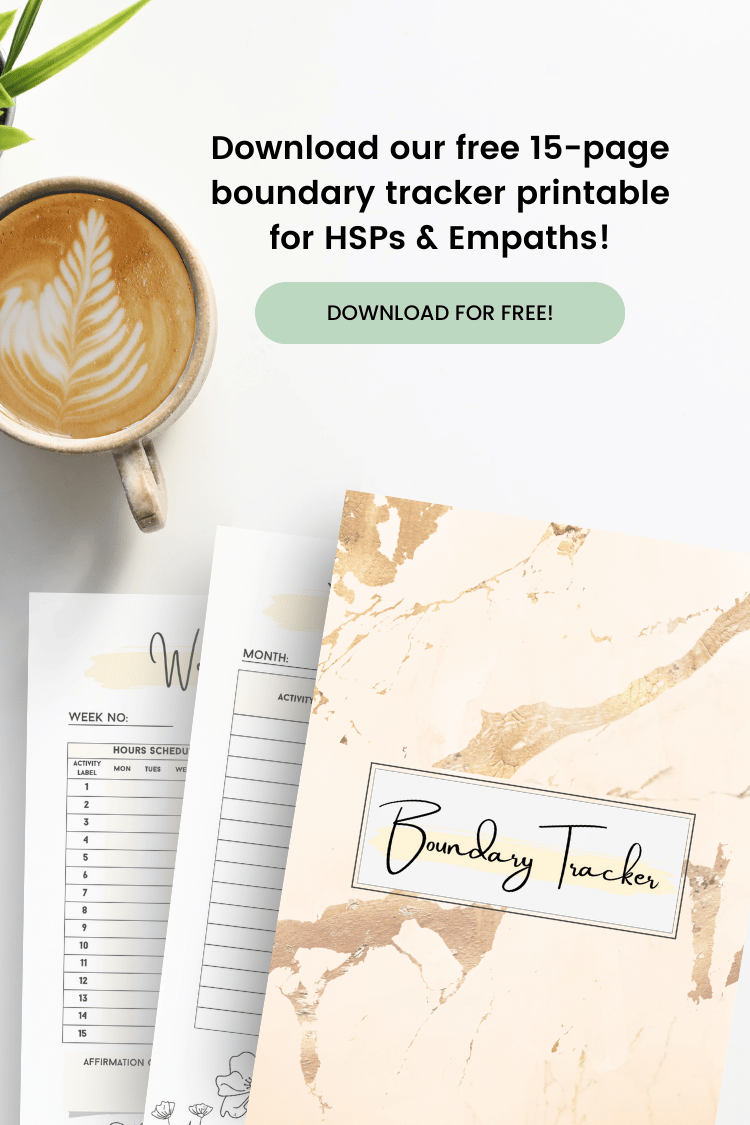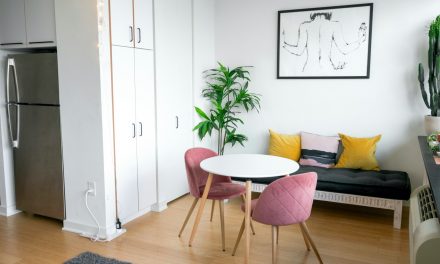Highly sensitive people (HSPs) experience the world more intensely and are more affected by their surroundings. Feng Shui, the ancient Chinese art of arranging living spaces to promote harmony and balance, can be especially beneficial for HSPs. Here are ten reasons why integrating it into your life can help you thrive.
Top 10 Reasons to Apply Feng Shui
Wondering why Feng Shui is relevant for you as a highly sensitive person? Here are 10 powerful reasons to start your journey today:
1. Enhances Emotional Well-Being
HSPs are deeply affected by their environment. Feng Shui helps create spaces that are emotionally supportive and nurturing. By organizing your environment to allow for smooth energy flow, you can reduce feelings of stress and anxiety. Simple adjustments, like positioning your bed or desk in a commanding position or using soothing colors, can significantly improve your emotional state, making your living space a refuge from the overwhelming outside world.
2. Reduces Sensory Overload
Sensory overload is a common challenge for HSPs. Feng Shui promotes a clutter-free and orderly environment, reducing visual and sensory clutter. Techniques such as using soft lighting, incorporating natural elements, and maintaining clean lines can help create a more peaceful atmosphere. This helps to mitigate the impact of excessive stimuli and provides a sanctuary of calm amidst the chaos.
3. Promotes Better Sleep
For HSPs, good sleep is essential to recharge from daily overstimulation. Feng Shui principles can optimize your bedroom to enhance sleep quality. This includes positioning your bed to promote security and serenity, minimizing electronic devices, and using calming colors and textures. A Feng Shui-optimized bedroom can become a sanctuary that supports restful and rejuvenating sleep, helping you wake up refreshed and balanced.

4. Fosters Positive Energy Flow
Maintaining positive energy flow is vital for HSPs. Feng Shui techniques, such as ensuring pathways are clear, using mirrors to reflect light, and incorporating balanced elements, can enhance the flow of positive energy. This creates a vibrant and uplifting environment that aligns with the natural sensitivities of HSPs, making their space feel more harmonious and alive.
5. Encourages Mindfulness and Presence
HSPs benefit from environments that encourage mindfulness and presence. Feng Shui emphasizes intentional living, where each item has a purpose and place. This mindful approach to arranging your space can help you become more aware of your surroundings and your reactions to them, fostering a deeper connection to your environment and promoting a sense of calm and centeredness.
6. Supports Healthy Relationships
The arrangement of your living space can significantly impact your relationships. Feng Shui promotes balance and harmony not only in your personal life but also in your interactions with others. Creating spaces that encourage open communication and mutual respect can nurture healthier and more fulfilling relationships. For HSPs, who deeply value their connections with others, a Feng Shui-optimized home can facilitate better emotional exchanges and reduce relational stress.
7. Enhances Creativity and Productivity
HSPs often thrive in environments that support their creative and productive pursuits. Feng Shui can help you design a workspace that inspires creativity and enhances focus. Positioning your desk to face a door for a sense of control, using stimulating colors, and organizing your workspace to minimize distractions can provide the mental clarity and inspiration needed to pursue your passions and work effectively.
8. Boosts Physical Health
Your environment plays a crucial role in your physical health. Feng Shui encourages the use of natural materials, clean air, and balanced lighting, all of which contribute to better physical health. Incorporating plants, ensuring good ventilation, and avoiding harsh chemicals create a healthier living space that supports your body’s well-being. For HSPs, these practices can help mitigate the physical ailments caused by environmental stressors.
9. Aligns with Natural Rhythms
Feng Shui aligns your living space with natural rhythms and cycles, which can be soothing for HSPs. Incorporating elements that reflect the natural world—such as water features, wooden furniture, and earthy colors—creates a space that feels more in tune with nature. This connection can help HSPs feel more grounded and less overwhelmed by the fast pace of modern life, providing a comforting sense of stability and continuity.
10. Promotes Self-Care and Self-Love
Self-care and self-love are essential for HSPs. Feng Shui fosters environments that encourage these practices by creating spaces that are both beautiful and functional. Simple changes like setting up a dedicated self-care area, using colors that bring joy, and arranging your home to reflect your values can enhance your sense of well-being and self-worth. For HSPs, whose environments deeply influence their emotional states, Feng Shui offers a powerful tool for cultivating self-care and self-love.
Join Our Ideal Self Plus Membership: Transform Your Life with Feng Shui and more!
Welcome to a month of transformation and harmony as we explore Feng Shui for the Highly Sensitive Person. Join our Ideal Self Plus Membership and learn from Tamara Graham, a renowned Feng Shui and Space Clearing Consultant. Enjoy a comprehensive e-book, transformative worksheets, daily inspiration, and a supportive community. Embrace these Chinese principles and start creating a balanced, harmonious living space. Besides this specific topic, other personal growth topics relevant to highly sensitive people and empaths are waiting for you.
Disclaimer: In this article, we collaborated with AI while writing articles, meaning that we used it as a personal assistant to provide valuable information to our readers. The personal touch through stories and personal examples and the editing of the article have been performed by the author.









